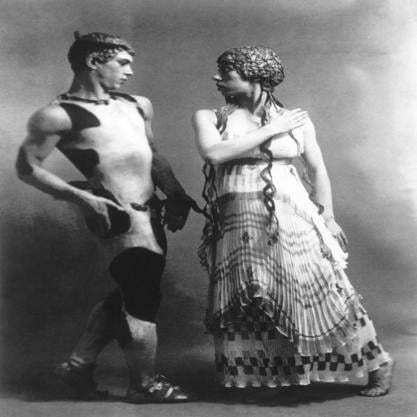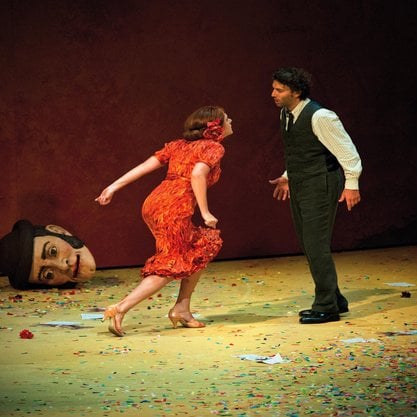Article
Jook House By Templeton, Melissa
Article
The jook house (also juke joint), an African American institution found mainly in semiurban areas in the Southern United States, is an important cultural phenomenon that emerged in the decades after emancipation (1862). While the conditions of slavery in the South made it difficult and often illegal for black men and women to gather without white intervention, during the period of reconstruction, jook houses became a place for newly freed men and women (usually from the lower and working classes) to drink, gamble, listen to music, and dance. While the precise etymology of “jook” is unclear, some scholars suggest the term comes from the Bambara word “dzugu,” which means “wicked” or from the Bamana-Kam word “dugu”, which means “bad.” The jook house as “bad” or “wicked” articulates its covert and subversive qualities, as well as its ability to transgress white codes of conduct and social life. These jook houses gave birth to the musical style of the blues, saw an increased blending of regional African American dance practices, and nurtured an emerging modern black identity.



